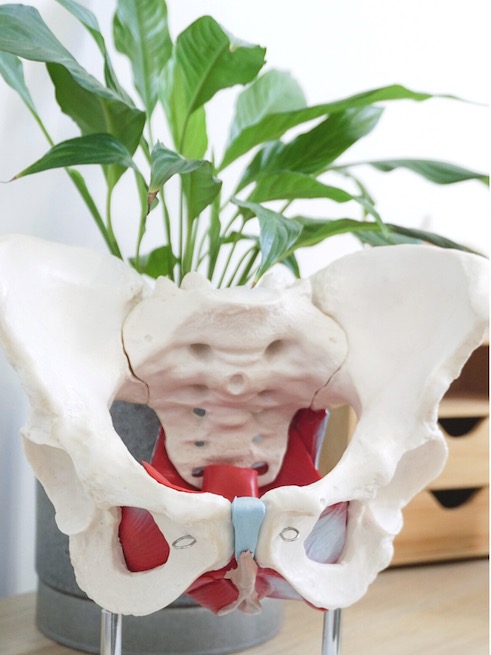
Period pain is nearly unavoidable if you are a female. That being said, every female feels menstrual pain differently. So let’s chat about the basics !
Pain on the first 1-2 days that you bleed is considered “normal” period pain but don’t get us wrong, it can still be intense!
Here are some tips you can try at home to help relieve the pain:
Heat
Use a heat pack, hot water bottle or warm bath during the first 1-2 days of your period. Heat relaxes the muscles and increases blood flow to the area which can help with cramping sensations.
Anti-inflammatory Medication
During your period, the uterus releases chemicals called prostaglandins which make the uterus contract and cause period pain.
Non-steroidal anti-inflammatory drugs (NSAIDs) like Nurofen can help to stop the production of prostaglandins and are best taken before the pain worsens.
Remember to keep these close by !
Movement
Although you feel like curling up in a ball, try to keep active with gentle exercise like walking or yoga.
When you exercise, your brain releases natural pain-relieving hormones called endorphins. Gentle stretches can also help release any tension in the muscles in and around the pelvis. Check out our Instagram for some.
Mindfulness
Taking some deep, slow breaths into the belly can calm your nervous system and relax your pelvic floor and tummy muscles.
Some great apps that can help with mindfulness include Smiling Mind, Headspace and Calm.
TENS machine
A TENS (transcutaneous electrical nerve stimulation) machine comes with sticky pads (electrodes) which are placed on your lower back or tummy and connected to a small battery-operated unit.
Mild electrical impulses are transmitted through the skin via the electrodes.
TENS is thought to work by interrupting messages going to the brain to decrease the sensation of cramps and stimulating the body to release endorphins.
These tips may not work for everybody. A pelvic health physiotherapist can help you find the strategies that work best for you, individually.
None of these strategies work and your missing work or social times?
When is period pain not normal?
If the pain lasts longer than 1-2 days and doesn’t go away with medication or the birth control pill, it is important to speak to your GP or gynaecologist.
You shouldn’t have to miss school, work, sport or social activities due to period pain.

